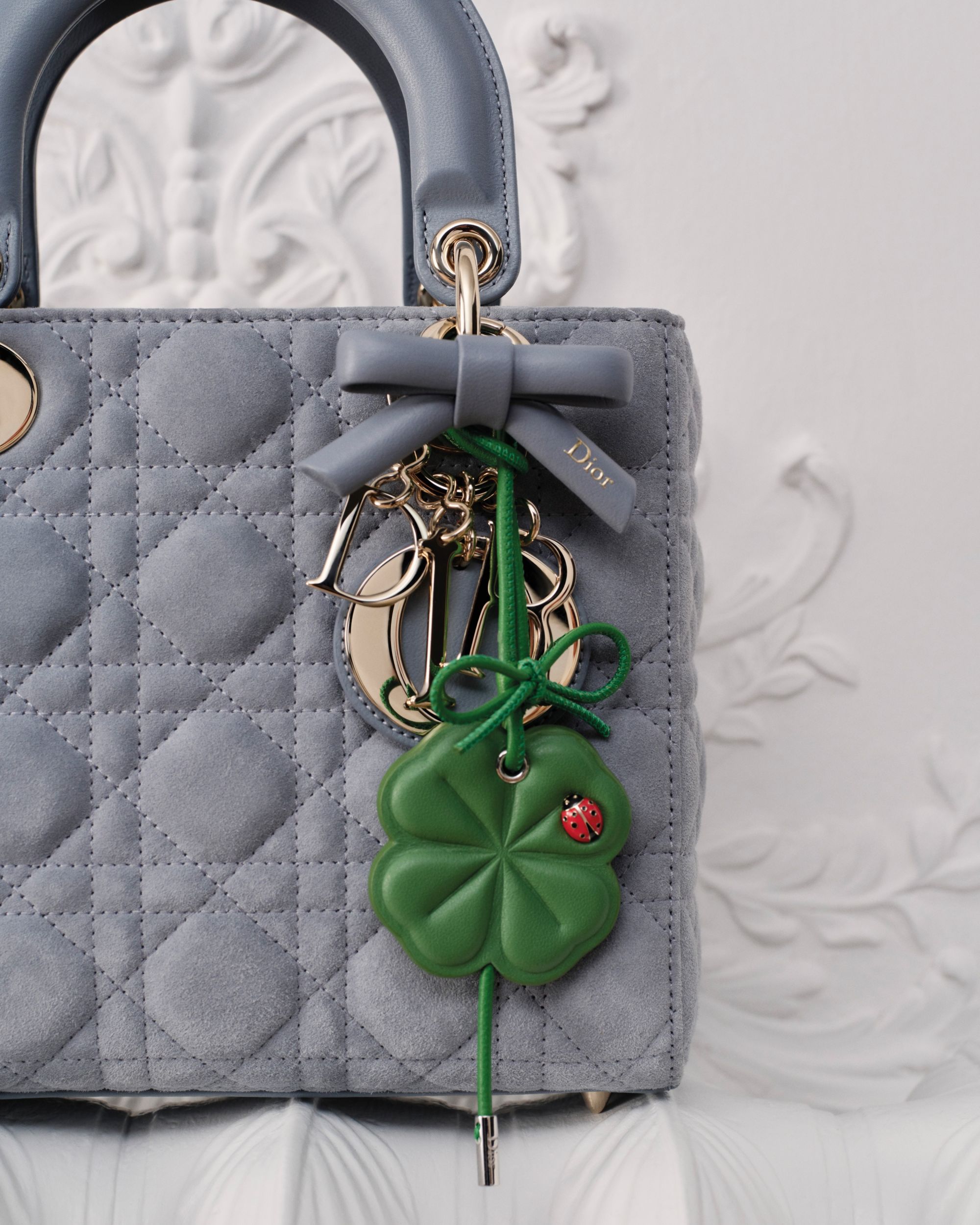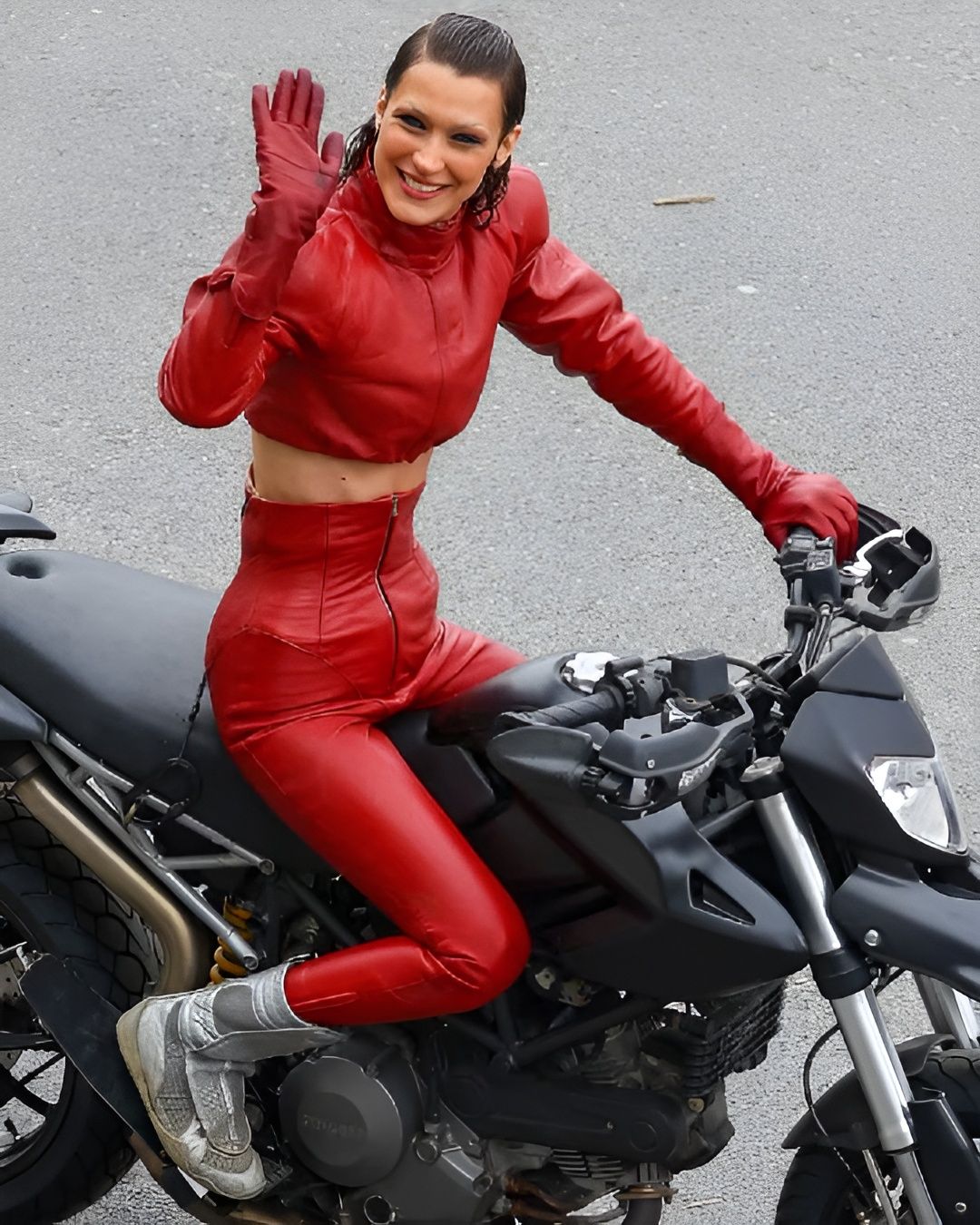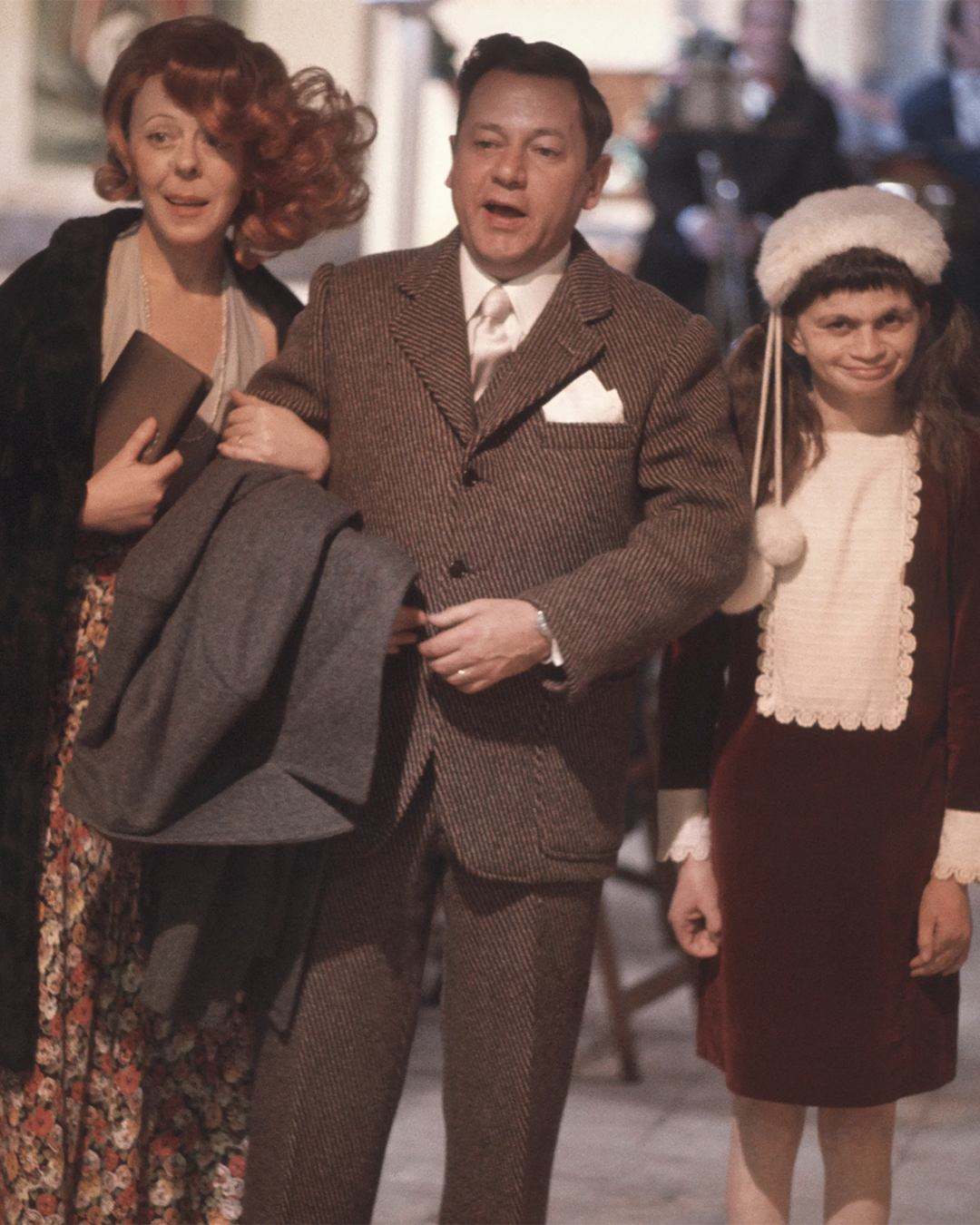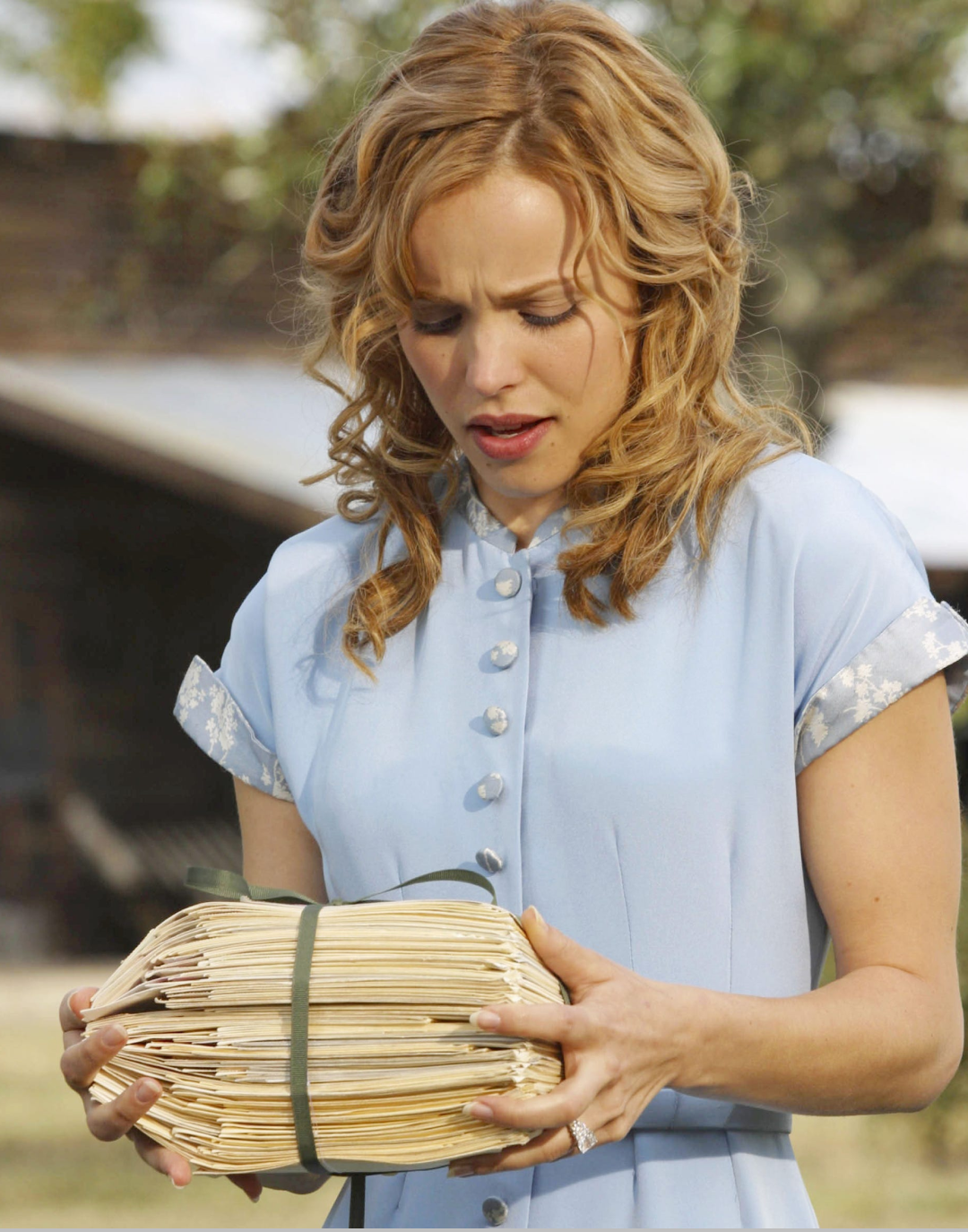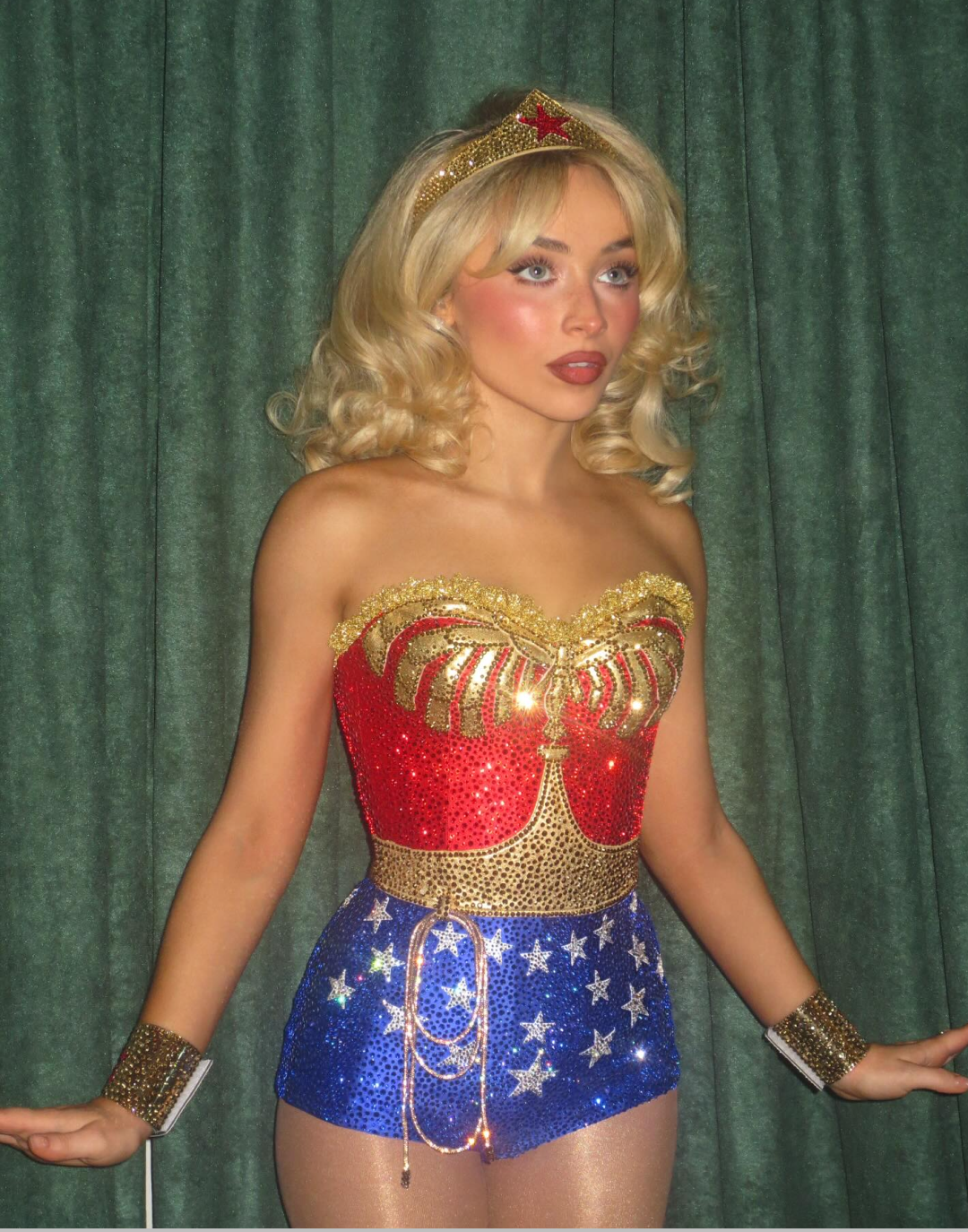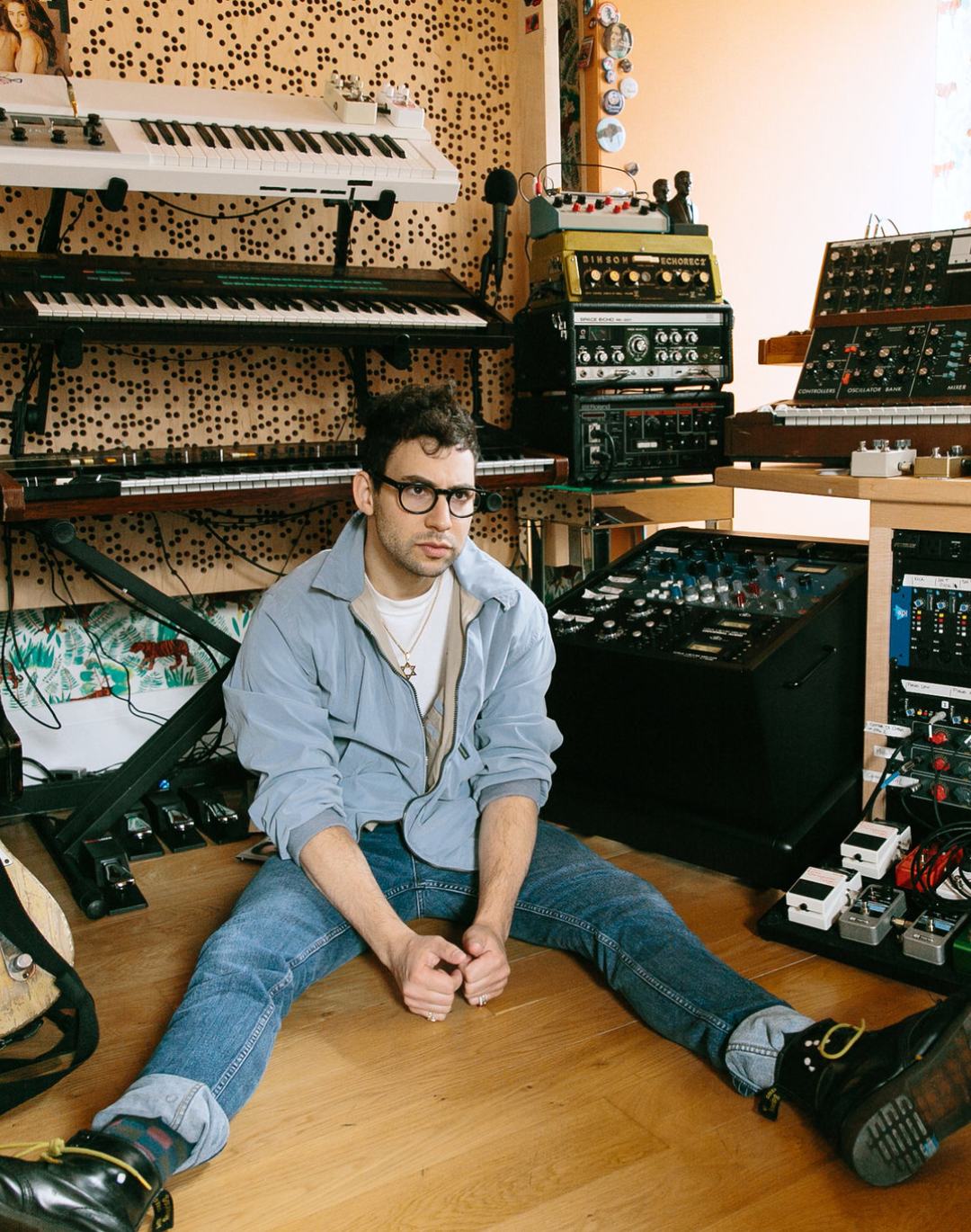
Raffaella Carrà was the last pop icon of Italian music More of a cultural pioneer than a mere entertainer
Raffaella Carrà was part of everyone's life: those who were young when there were still black and white TV and Canzonissima '70 will remember her in a miniskirt, to scandalize our grandmothers; those who grew up between the 80s and 90s will remember her as the ever elegant television personality, with an immutable smooth and blonde fringe, decidedly more mature but already consecrated in the pantheon of Italian pop culture. From the early 2000s onwards her presence became more rarefied but also more pervasive: his songs were already filtered so deep into the classical repertoire of Italian music that they had become a multi-generational classic known by practically everyone, a must of the most nostalgic playlists inside and outside the discos where songs such as Ballo Ballo, Tuca Tuca and Taanti Auguri still survive today.
A total and multifaceted artist, defined in her career as "queen of television" and "world gay icon", Carrà has been able to do what many artists cannot even aspire to: to unite through sixty years of career three or four different generations of Italians who have met on dancefloor dancing to her music. Her career has been so long and full of hits that Carrà's presence is deeply rooted in the Italian collective consciousness, her main merit has been to have lightened the debate on sex and sexual liberation on television, without ever being vulgar or gratuitously transgressive, but presenting for the first time an image of sex-positive femininity of which the world of Italian television , often so detached and remote from the real life of the country, desperately needed: it was she who taught Italy that women's legs could also be uncovered, that a belly button was not something to hide and to fight the obsolete unwritten rules of Demochristian Italy one Tuca Tuca at a time.
The immense repertoire of her television and singing work has an intrinsic vitality too strong to go out of fashion: if with Carramba! she entered the heart of Millennials, with The Voice she made herself known by Gen Z, her performances in the 1960s are still a masterpiece of vintage aesthetics, her most famous songs that have raked platinum records throughout Europe are as fresh today as they were twenty or thirty years ago. For example, after her appearance in Tiziano Ferro's song E Raffaella è mia, in 2008 a video of her dancing to the notes of Adriano Celentano's Prisencolinensinainciusol in the early 1970s went viral online – the same year that her British performance of A far l'amore began and was even immortalized in an episode of Doctor Who. Three years later that same song would become Bob Sinclair's single Far l'amore, a song so absurdly popular that it was the song on whose notes opened one of the greatest masterpieces of Italian cinema of the last twenty years, La Grande Bellezza by Paolo Sorrentino, opens.
What is most surprising, considering her stellar career, is the way carrà has been able to play in and out of the box by rewriting every thinkable rule of entertaining, going from being a feminist pioneer and AN LGBT icon to the role of international pop star, then turning into the most famous face of Italian television with an immense series of TV programs conducted by her in the first person on which stands the sensational success of Carramba! and finally managing to break into the world of viral videos online, clubbing and cinema.


